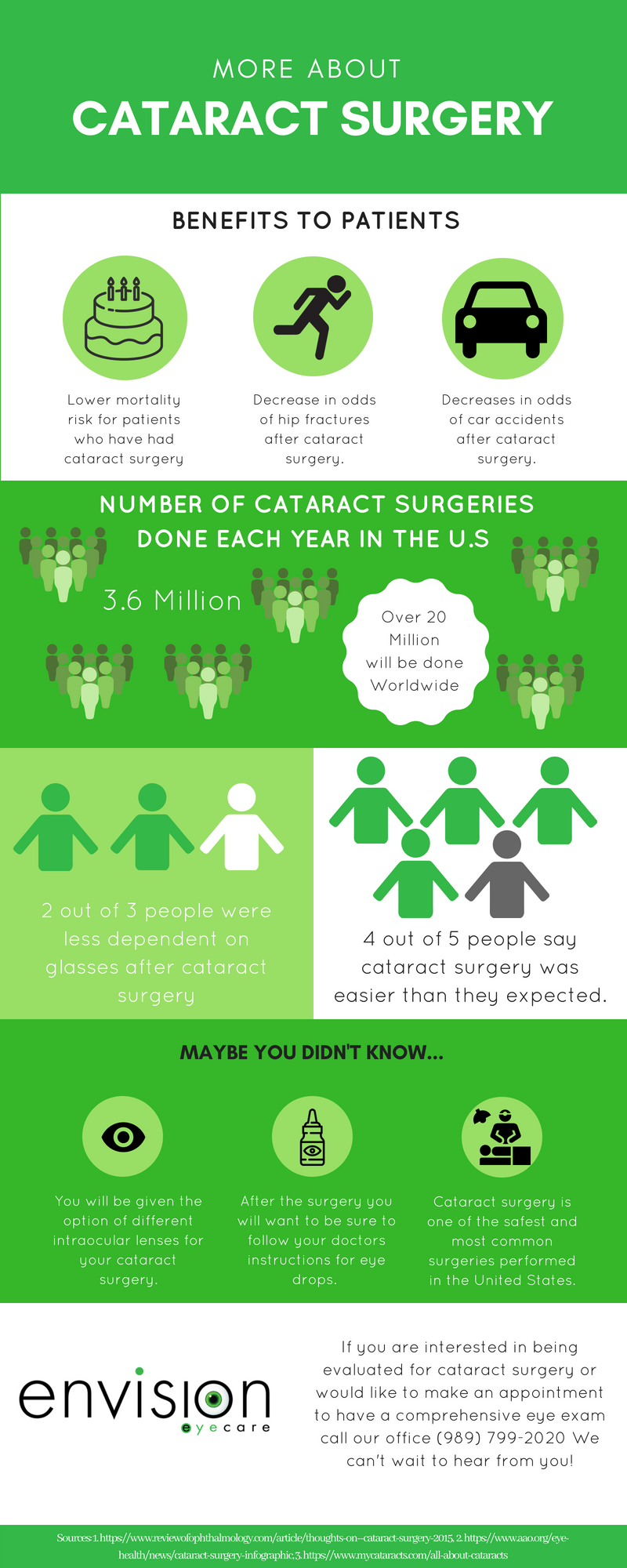What You Are Not Educated Concerning Refractive Surgical Procedure: Revealing Insider Tricks
What You Are Not Educated Concerning Refractive Surgical Procedure: Revealing Insider Tricks
Blog Article
Authored By-Marshall McAllister
When thinking about refractive surgical procedure, you may focus on the assurance of clear vision, but there's more underneath the surface. Many clients neglect the hidden dangers that include the procedure, consisting of possible difficulties and a challenging healing. Comprehending what to genuinely anticipate can make all the distinction in your decision-making process. Are you ready to reveal the realities that could affect your vision journey?
The Covert Risks of Refractive Surgery
While many individuals look for refractive surgery for clearer vision, it's crucial to understand the concealed threats entailed.
You may experience complications like completely dry eyes, glare, or halos around lights, which can influence your daily tasks. There's also a possibility that your vision won't improve as expected, or it could also aggravate.
Some clients report frustration, causing the need for glasses or call lenses once again. In rare instances, much more serious complications may emerge, such as infection or corneal scarring.
Enhanced LASIK results to go over these risks with your doctor and consider them versus the prospective advantages. Being informed helps you make a far better choice about whether refractive surgery is right for you and what to expect during the procedure.
Navigating the Healing Refine
As you navigate the recuperation procedure after refractive surgical treatment, it's vital to follow your doctor's instructions carefully to make sure the best feasible end result.
You'll likely experience some discomfort and obscured vision initially, which is regular. Rest your eyes as long as possible, staying clear of screens and intense lights for the initial couple of days.
Do not forget to make use of the prescribed eye goes down to avoid dry skin and advertise recovery. Use sunglasses outdoors to shield your eyes from UV rays.
It's crucial to avoid massaging your eyes and follow any type of activity constraints your specialist advises, specifically in the initial week.
Maintain all follow-up visits to monitor your recovery progress, and don't hesitate to reach out to your doctor with any worries.
Realistic Expectations: Results and Limitations
Following refractive surgical procedure, it is very important to comprehend what you can genuinely anticipate regarding your vision outcomes. Several individuals attain 20/25 vision or better, yet ideal eyesight isn't assured. Some could still need glasses for specific jobs, like reading or driving at night.
It's critical to have realistic assumptions concerning the potential for small vision fluctuations during the healing procedure.
Furthermore, https://gonzalo-rae.federatedjournals.com/conversation-with-an-eye-expert-disproving-myths-surrounding-cataract-surgical-treatment as age, pre-existing conditions, and the type of surgery can impact your outcomes. While complications are unusual, they can happen, so discussing these risks with your surgeon is important.
Final thought
Finally, while refractive surgical procedure can use the pledge of clear vision, it's necessary to recognize the covert threats and obstacles that come with it. By recognizing potential difficulties and being prepared for the recovery procedure, you can establish realistic expectations for your results. Having open conversations with your specialist will certainly encourage you to make enlightened choices that genuinely meet your vision requires. Keep in mind, knowledge is key to navigating this trip efficiently.
